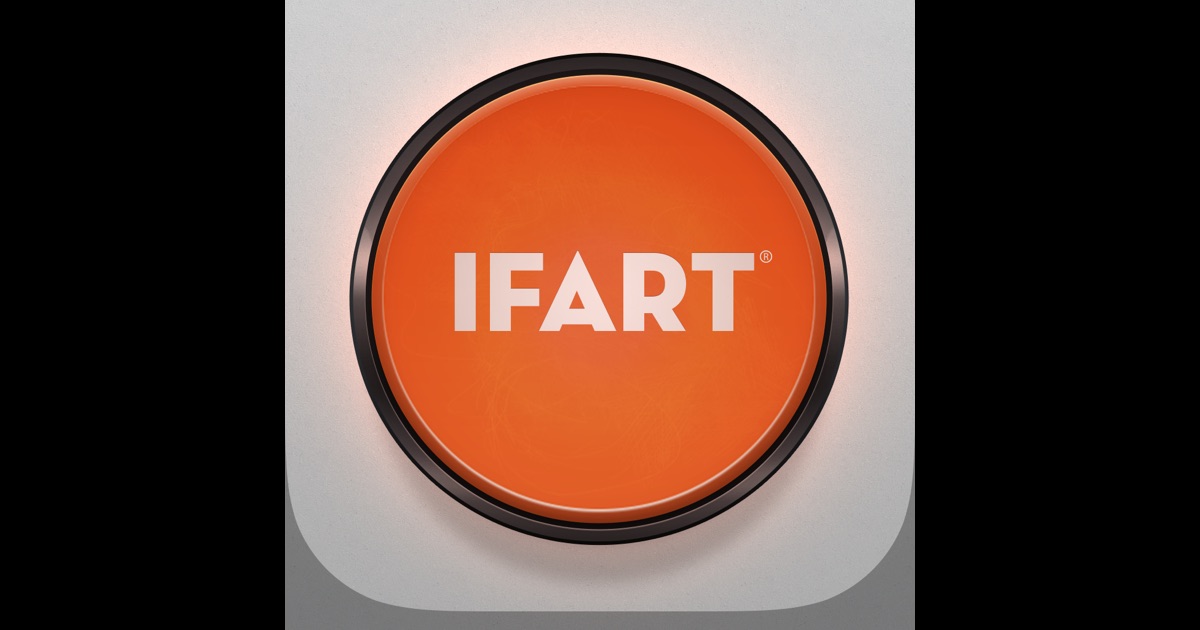

The purpose of this research is threefold: (1) to develop a theoretical framework for the investigation of event discovery mobile applications (event discovery apps) usage behavior, (2) to examine the core determinants from the technology acceptance model (TAM), and (3) to study the effect of moderating factors in explaining the relationships of influential factors among young event-goers. The chapter ushers that industry 4.0 hyper technology facilitates the event festival organizer to organize quality events and services and add value to the customer experience in many ways such as authentic information, easiness in event booking, updated knowledge, factors etc. The findings of this study will contribute to the festival tourism literature by addressing how tourism industries are changing their business models and how tourists are experiencing new technology in festivals.

In the same token, Big Data principles can be applied to the Internet of Things (IoT) sensor, which helps in festival management by easily tracked information through real-time Big Data analytics. This chapter addresses how technology reshapes festival tourism. Although Festivals are organized to experience physical, the revolutionary impact of technology on the tourism industry has compelled the organizer to think about the organizing process differently. Many countries organize different forms of festivals to attract tourists from other countries, ultimately facilitating the exchange of culture between or among the participating countries. A brief but comprehensive typology of survey methods is established to aid future researchers.įestival tourism has now become a popular form of tourism products all over the world. The use of survey-based research by policy makers and funders is discussed as it potentially orients towards what the authors term ‘operationalised knowledge management’. Targeting stakeholders other than audiences, covering a broader range of events and longitudinal studies would also be desirable. Electronic surveys and other emerging technologies undoubtedly provide options but these do not appear to have been investigated or adopted with sufficient rigour. Despite an audience focus, ‘before and after’ studies are lacking. Mixed methods, multiple surveys and more deliberate approaches to sampling are required. Despite the predominance of this data collection tool, numerous areas are ideally in need of further understanding and experimentation. Sampling methods, where stated, were likely to be random (23%) or convenience based (22%).

The stakeholders targeted were: Audiences (54%), Non-participants (16%) and Managers (12%). The most common events targeted were: Sports (43%) Festivals & Celebrations (20%) and Music (12%). Some diversity is found within survey-based research, however the majority was carried out: as a single method (86%), in physical proximity to the event (67%), during the event (49%), using paper-based forms (65%), designed for self-completion (94%). 286 articles from four events-specific journals were reviewed. This paper examines and critiques the historic development, current position, gaps in knowledge and future implications for surveybased research. Questionnaire-based surveys are a common data collection tool in events research as established by earlier reviews of methods within the literature. Relying on this outcome, the conclusion of this paper offers valuable recommendations for the event industry which makes this research one of the first studies about virtual events during pandemic period.
IFART CREATIONS DOWNLOAD FULL
It is further revealed, satisfaction acts as a full mediator between online content engagement, as well as perceived usefulness and loyalty. Additionally, it was indicated that overall satisfaction affects future intention (loyalty) while the satisfaction also has a partial mediating effect between relationships of networking, and program and loyalty. Findings revealed that online content engagement, content of the event, being in a global community, meeting like-minded people and professionals, reputation of the event, keynote speakers, and usage of mobile apps are some of the significant factors for attendees` preferences for virtual events. Data was collected from attendees of different types of virtual events. This study assessed motivational factors that influence participants to attend to a virtual event and additionally together with these factors, the effect of online content engagement and perceived usefulness through overall satisfaction and future intention which specifically loyalty.


 0 kommentar(er)
0 kommentar(er)
